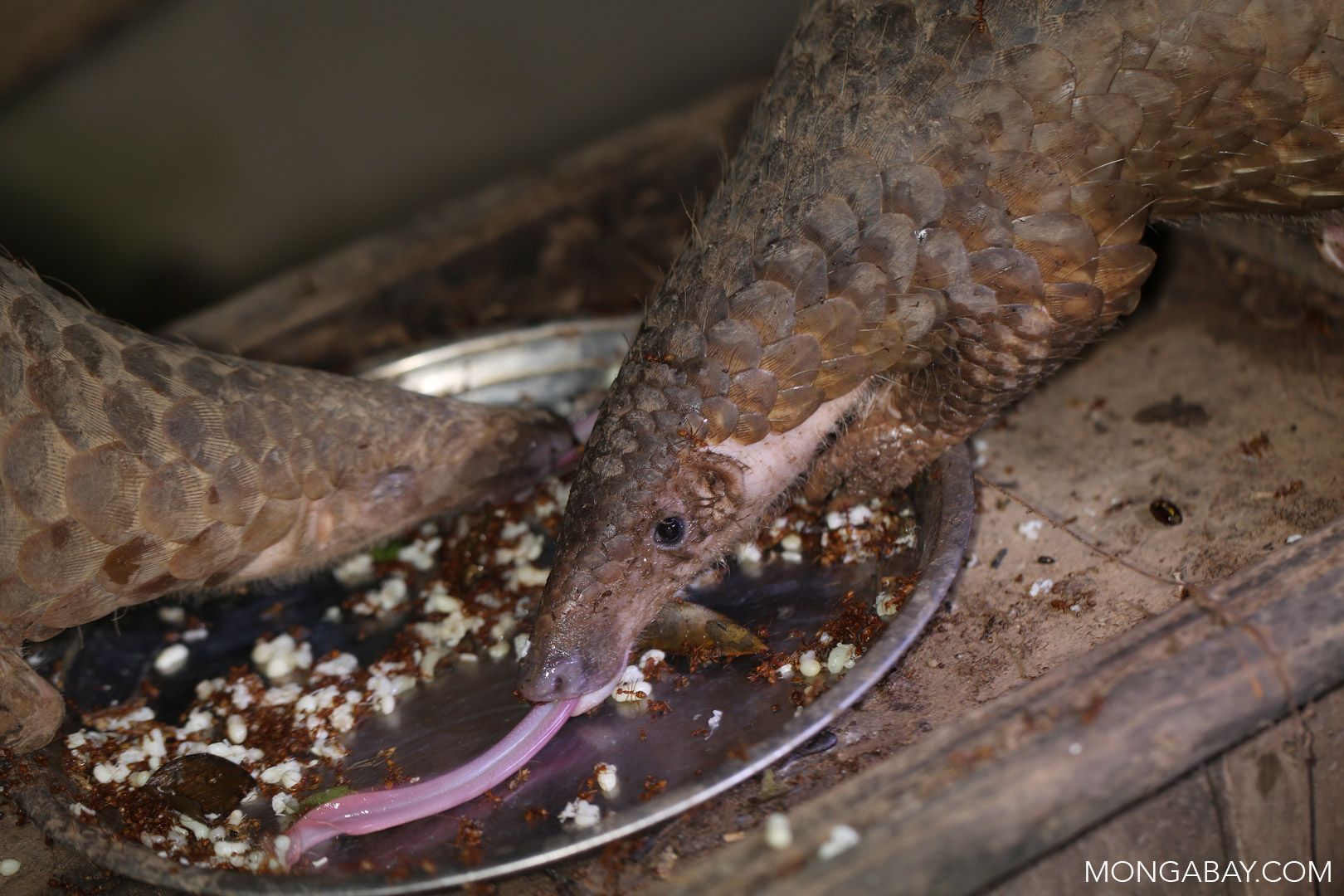Page 11414
Jul 14, 2016
‘Space Plane’ which could fly anywhere in the world in four hours secures €10,000 development contract
Posted by Andreas Matt in category: space travel
Could we soon be saying goodbye to long-haul flights? One company has taken an important step in making this dream come true.
Oxford’s Reaction Engines Ltd (REL) announced it has received a €10,000 development contract with ESA, so it can work on its revolutionary Synergistic Air-Breathing Rocket Engine (SABRE).
This technology can work both in the Earth’s atmosphere and in space — which is crucial to space planes.
Jul 14, 2016
A neural network tried to write a 9th Harry Potter book, and the results are hilarious
Posted by Sean Cusack in category: robotics/AI
Do you remember that memorable scene in the Harry Potter books when a person seeking revenge on Ron turns out to be Dumbledore hiding behind a cream cake?
If you don’t, that’s probably because you read the version of Harry Potter written by J.K. Rowling instead of an LSTM recurrent neural network — trained to generate new Hogwarts-related stories using a data set consisting of the series’ first four books.
“I’ve been experimenting with deep learning over the past few weeks, and the Harry Potter story is the result of one of those experiments,” creator Max Deutsch tells Digital Trends. “Beyond just looking for a fun way to practice what I’ve been learning, the Harry Potter project was an attempt to make something enjoyable to read.”
Jul 14, 2016
Is physical pleasure bad for your health?
Posted by Marios Kyriazis in categories: aging, environmental, life extension, philosophy
Philosophers have been debating the meaning of life for millennia. Billions of people believe that the principal aim in life is to experience pleasure, and they try to enjoy life as much as possible before they die. A minority of others, make it their life’s aim to achieve something which is over and above simple pleasure: not merely to help others, not even to help humanity at large. They aim, whether knowingly or unknowingly, to improve the evolutionary process of nature as a whole.
So far, so good. But it appears that the view we hold about our life, our worldview, has a direct impact on our biology. We know that thinking positively may help improve the immune system. But research also shows that people who aim for pleasure (Hedonia) may have an impaired genetic profile, compared to those who aim for higher virtues (Eudaimonia). There is a distinction between these two terms and it is worth providing a definition here:
Hedonia is an exclusive search for pleasure and avoidance of discomfort. It may involve increased emphasis on eating well, drinking, dancing, playing, and generally enjoying simple pleasures in life. It is contentment, gratification, fun, merriment, satisfaction and, perhaps necessarily, a lack of motivation to search for a nobler aim in life. One may argue that hedonia involves a risk that leads to bad health due to a tendency to excesses (smoking, alcohol, coffee, sweets), a general inclination to avoid uncomfortable physical activity, and a lack of challenging cognitive effort. The risk of addiction may be increased. Erosion of social bonds become a possibility when a hedonist is more concerned about his/her own pleasure and is less sensitive to the needs of others.
Eudaimonia is a term reflecting the highest ‘intellectual good’. It is virtue plus excellence, superior ethical refinement, cognitive sophistication, as well as other qualities such as persistent motivation, wisdom, imagination, creativity, vision and a feeling of purpose. The term has been discussed by many ancient Greek philosophers particularly Aristotle and the Stoics. In modern times and in a wider sense, eudaimonia may be equated with meaningful technological hyperconnection, or ‘Intentional Evolution’, an attempt to constructively improve the human condition in all respects (including those relating to the wider universe). Hedonia is found both in animals and in humans, whereas eudaimonia is only found in humans.
Continue reading “Is physical pleasure bad for your health?” »
Tags: Eudaimonia, longevity, Pleasure, Social genomics, Society
Jul 13, 2016
FCA will pay you to hack its systems
Posted by Karen Hurst in category: cybercrime/malcode
Ever wanted to be a paid hacker? Well, here is your chance.
In an effort to enhance cybersecurity, FCA is working with Bugcrowd to pay out bounties for hackers who find systems exploits. They will pay up to $1,500.
Jul 13, 2016
Illegal wildlife trade in Asia decimating species, warn scientists
Posted by Karen Hurst in category: futurism
Scientists criticize themselves for failing to do more to respond to Asia’s booming wildlife trade.
Jul 13, 2016
Human genes engineered into GMO rice have being grown in Kansas
Posted by Karen Hurst in categories: biotech/medical, food
Ready for the strange? Here you go.
If you aren’t already purchasing organic or GMO-free rice, you should be. Rice that has been engineered with actual human genes is on its way to a supermarket near you. In Junction City, Kansas, this human gene-tainted rice is being grown on 3,200 acres by the biotechnology company Ventria Bioscience.
Ventria began cultivating this rather horrifying product in 2006 with human liver genes. What exactly was the purpose of this, you ask? Their intention was to harvest the artificial enzymes produced by the rice and use them in pharmaceuticals. Ventria has taken one of the most widely grown and consumed crops and turned it into the base for new prescription drugs — all with USDA approval, of course.
Continue reading “Human genes engineered into GMO rice have being grown in Kansas” »
Jul 13, 2016
Viruses revealed to be a major driver of human evolution
Posted by Karen Hurst in categories: biotech/medical, evolution
The constant battle between pathogens and their hosts has long been recognized as a key driver of evolution, but until now scientists have not had the tools to look at these patterns globally across species and genomes. In a new study, researchers apply big-data analysis to reveal the full extent of viruses’ impact on the evolution of humans and other mammals.
Their findings suggest an astonishing 30 percent of all protein adaptations since humans’ divergence with chimpanzees have been driven by viruses.
“When you have a pandemic or an epidemic at some point in evolution, the population that is targeted by the virus either adapts, or goes extinct. We knew that, but what really surprised us is the strength and clarity of the pattern we found,” said David Enard, Ph.D., a postdoctoral fellow at Stanford University and the study’s first author. “This is the first time that viruses have been shown to have such a strong impact on adaptation.”
Continue reading “Viruses revealed to be a major driver of human evolution” »
Jul 13, 2016
4 cyberattacks in 1 year make British rail network potential commuter deathtrap
Posted by Karen Hurst in category: cybercrime/malcode
Yikes.
Britain’s railway network is notoriously overpriced, overcrowded, and experiences frequent delays. Now cyberattacks are threatening to turn the morning commute into a deathtrap as well.
The world’s oldest railway system has been the victim of four major cyberattacks in the past year alone, security experts claim.
Continue reading “4 cyberattacks in 1 year make British rail network potential commuter deathtrap” »
Jul 13, 2016
Report shows Boston’s ‘brain drain’ is worse than you think
Posted by Karen Hurst in category: futurism
I can assure you for each person leaving Boston; there are at least 1 to 3 people leaving SV for places like NYC, Austin, Memphis, NC, and Boston due to the appeal of SV has worn off.
The “ Scoring Tech Talent” report shows that Boston has the largest brain drain out of 40 cities in the country, with more than 17,200 people with tech-focused degrees having left the city between 2011 and 2015.
















